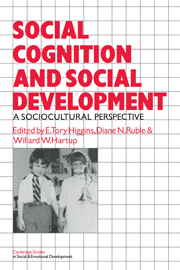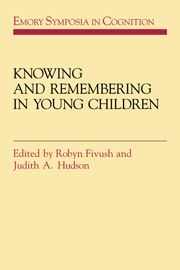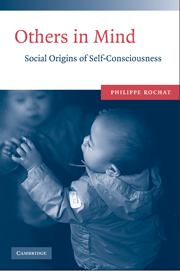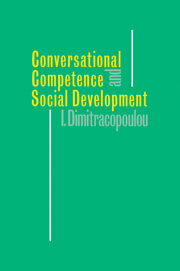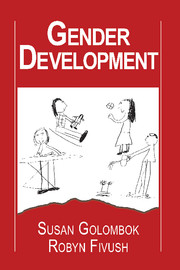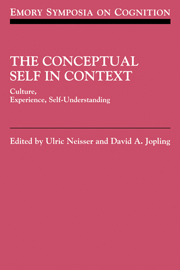Concepts and Conceptual Development
Ecological and Intellectual Factors in Categorization
$51.99 (C)
Part of Emory Symposia in Cognition
- Editor: Ulric Neisser
- Date Published: March 1989
- availability: Available
- format: Paperback
- isbn: 9780521378758
$
51.99
(C)
Paperback
Other available formats:
Hardback
Looking for an examination copy?
This title is not currently available for examination. However, if you are interested in the title for your course we can consider offering an examination copy. To register your interest please contact [email protected] providing details of the course you are teaching.
-
Categories straddle the boundary between the mind and the world: they are socially developed mental representations, but they must fit the properties of real objects in the real environment if they are to be useful. Concepts and Conceptual Development reflects the view that a full understanding of categorization must take all these constraints into account. Everyday terms and categories depend not only on the implicit theories that people have about the world (their 'idealised cognitive models'), but also on the objective properties of particular objects and the perceptible similarities among these objects. An understanding of these multiple relationships can reshape studies of concepts and conceptual development. Concepts and Conceptual Development draws together theorists from a wide range of theoretical orientations to consider many different aspects of 'the psychology of concepts'.
Customer reviews
17th Oct 2024 by UName-632271
It is really amazing and full of information, I found the answers for my question: What is the conceptual mother?
Review was not posted due to profanity
×Product details
- Date Published: March 1989
- format: Paperback
- isbn: 9780521378758
- length: 328 pages
- dimensions: 229 x 152 x 19 mm
- weight: 0.48kg
- availability: Available
Table of Contents
Preface
List of contributors
1. Introduction: the ecological and intellectual bases of categorisation Ulric Neisser
2. From direct perception to conceptual structure Ulric Neisser
3. Category cohesiveness, theories and cognitive archaeology Douglas L. Medin and William D. Wattenmaker
4. Cognitive models and prototype theory George Lakoff
5. The instability of graded structure: implications for the nature of concepts Lawrence W. Barsalou
6. Decentralised control of categorisation: the role of prior processing episodes Lee R. Brooks
7. Conceptual development and category structure Frank C. Keil
8. Child-basic object categories and early lexical development Carolyn B. Mervis
9. Scripts and categories: interrelationships in development Robyn Fivush
10. How children constrain the possible meanings of words Ellen M. Markman
11. The role of theories in a theory of concepts Robert N. McCauley
Indexes.
Sorry, this resource is locked
Please register or sign in to request access. If you are having problems accessing these resources please email [email protected]
Register Sign in» Proceed
You are now leaving the Cambridge University Press website. Your eBook purchase and download will be completed by our partner www.ebooks.com. Please see the permission section of the www.ebooks.com catalogue page for details of the print & copy limits on our eBooks.
Continue ×Are you sure you want to delete your account?
This cannot be undone.
Thank you for your feedback which will help us improve our service.
If you requested a response, we will make sure to get back to you shortly.
×

